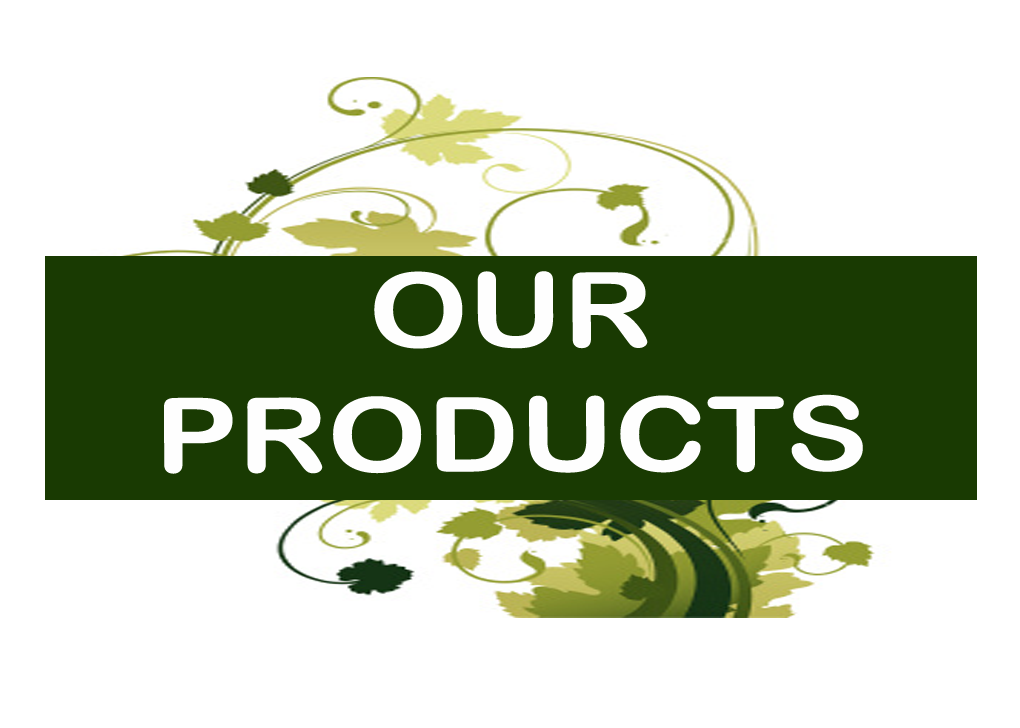Why MediHerbs Care ?
There are many reasons to find Halal products. First and foremost is that ALLAH, Subhanahu wa ta'ala, has commanded us to do that. Other reasons are it is cleaner, healthier and it has many blessings. Another reason is explained in the following Hadith, narrated by Muslim:
Abu Huraira, radiya ALLAHu anhu, reported that the Prophet, salla ALLAHu alaihi wa sallam, said: "O people, ALLAH is Good (Pure) and HE accepts only good (purity), and ALLAH has commanded the believers in the same way HE commanded the Messengers. ALLAH, Subhanahu wa ta'ala, said.
WHY MediHerbs Akar Emas BOTHER WITH HALAL?
Only Tujoh Resources brand MediHerbs is the first cosmetic manifacture pass this criteria in MALAYSIA
ARTICLE FROM HALAL DIGEST :
Alhamdulillah was-salatu was-salaamu 'ala rasoolillah. All thanks and praise is to ALLAH, Subhanahu wa ta'ala, and we ask that HIS blessings and peace be upon HIS Messenger, Muhammad, salla ALLAHu alaihi wa sallam.
COSMETIC CONFUSION
Cosmetics are regulated by the Food And Drug Administration (FDA), but not in the same way that drugs are regulated. The FDA is only able to regulate cosmetics after the products are released to the marketplace. Neither cosmetic products nor cosmetic ingredients are reviewed or approved by the FDA before they are sold to the public. Also, the FDA cannot require companies to do safety testing of cosmetic products before marketing. However, if the safety of a cosmetic product has not been substantiated, the product label must contain the following statement: WARNING: The safety of this product has not been determined. Color additives are regulated by the FDA and must be tested for safety and gain FDA approval for their intended use.
MediHerbs Cream - 100 % Holistic
The US Federal Food, Drug, and Cosmetic (FD&C) Act defines cosmetics as articles intended to be applied to the human body for cleansing, beautifying, promoting attractiveness, or altering the appearance without affecting the body's structure or functions. This includes skin care products (creams, lotions, powders, and sprays); fragrances; eye makeup; manicure products; makeup other than eye (e.g., lipstick, foundation and blush); hair coloring preparations; shampoos; permanent waves; and other hair products; deodorants; shaving products; baby products (e.g., shampoos, lotions and powders); bath oils and bubble baths; mouthwashes and tanning products. Soap products consisting primarily of an alkali salt of fatty acid and making no label claim other than cleansing of the human body are not considered cosmetics under the law.
The FD&C Act defines drugs as (1) articles intended for use in the diagnosis, cure, mitigation, treatment, or prevention of disease; and (2) articles (other than food) intended to affect the structure or any function of the body of man or other animals.
MediHerbs Acne Soap 100 % Holistics
Cosmetics that also claim to treat or prevent disease, or that affect the functions of the human body, are also considered as drugs. These products must comply with both the drug and cosmetic provisions of the law. This includes fluoride toothpastes, antidandruff shampoos and deodorants that are also antiperspirants.
Before products with both a cosmetic and drug classification can be marketed, they must be scientifically proven safe and effective for their therapeutic claims. If they are not, the FDA considers them to be misbranded and can take regulatory action.

MediHerbs Body Soap - 100% Holistic
The FD&C Act regulates cosmetic labeling. Labeling refers to all labels that are printed on, written on or otherwise accompanies a product. The FD&C Act requires that labels
appear on the inside as well as any outside container or wrapper of the product. The Fair Packaging and Labeling (FP&L) Act requires disclosing the name of the product; the nature or use of the product; net quantity or contents of the product and the name and place of business of the firm marketing the product.
For retail cosmetics, the ingredients must also appear on the label in a conspicuous place. The ingredients must be declared in descending order of predominance. Color additives and ingredients present at 1% or less may be declared without regard for predominance. Trade secrets (as defined by FDA) and the ingredients of flavors and fragrances do not have to be specifically listed. Cosmetics that are also drugs must identify the drug ingredients first as "active ingredients" before listing the cosmetic ingredients. So if you see a list of active ingredients in your cosmetic it means is also considered to be a drug. Of course, all label statements must be in the English.
MediHerbs Facial Soap - 100% Holistic
Some cosmetics may be hazardous if they are misused. These cosmetics must bear appropriate label warnings and adequate directions for safe use. One example are cosmetics that come in self-pressurized containers (aerosol products).
While the FDA encourages cosmetics manufacturers to safety test their products, the FD&C Act does not require safety testing. If the safety of a cosmetic is not adequately substantiated, the product should contain the following statement: Warning--The safety of this product has not been determined.
Certain retail products must be packaged in tamper-resistant packages. This includes liquid oral hygiene products such as mouthwash and vaginal cosmetic products such as douches.
Even if a product has been safety tested and deemed safe for use, it may cause allergic reactions in some consumers. Fragrances are the leading cause of irritation in cosmetic users and preservatives are the second leading cause. Even hypoallergenic products may cause irritation to some users. Hypoallergenic only means the product is less likely than others to cause an allergic reaction. Natural products may also cause allergic reactions. Natural only means the ingredients are extracted directly from plants or animals and are not produced synthetically. (If Poison Ivy were added to a product, it would be a natural ingredient!) Alcohol free products normally mean the product does not contain ethyl alcohol. It may contain other alcohols such as cetyl, stearyl, cetearyl, or lanolin, which are known as fatty alcohols. If ethyl alcohol is added to a product, it is normally denatured first, to prevent the ethyl alcohol in the cosmetic from being diverted illegally for use as an alcoholic beverage. This may be listed on a label as SD Alcohol (specially denatured alcohol) followed by a number or a number-letter combination that indicates how the alcohol was denatured. Some common denatured alcohols used in cosmetics are SD Alcohol 23-A, SD Alcohol 40, and SD Alcohol 40-B. Fragrance free means the product has no perceptible odor; however, fragrances may be added to a fragrance-free cosmetic.
As a Halal consumer, you must be aware that some cosmetics contain ingredients derived from animal sources. IFANCA has certified a number of cosmetic products.
You can find the list at http://www.ifanca.org/list_total.htm#12.












No comments:
Post a Comment